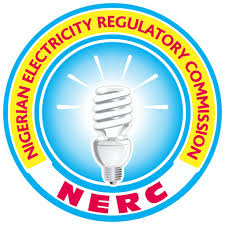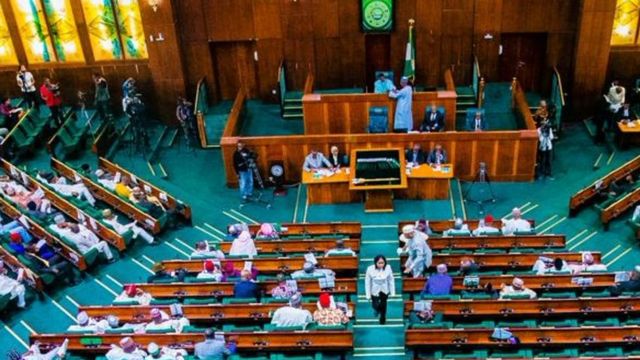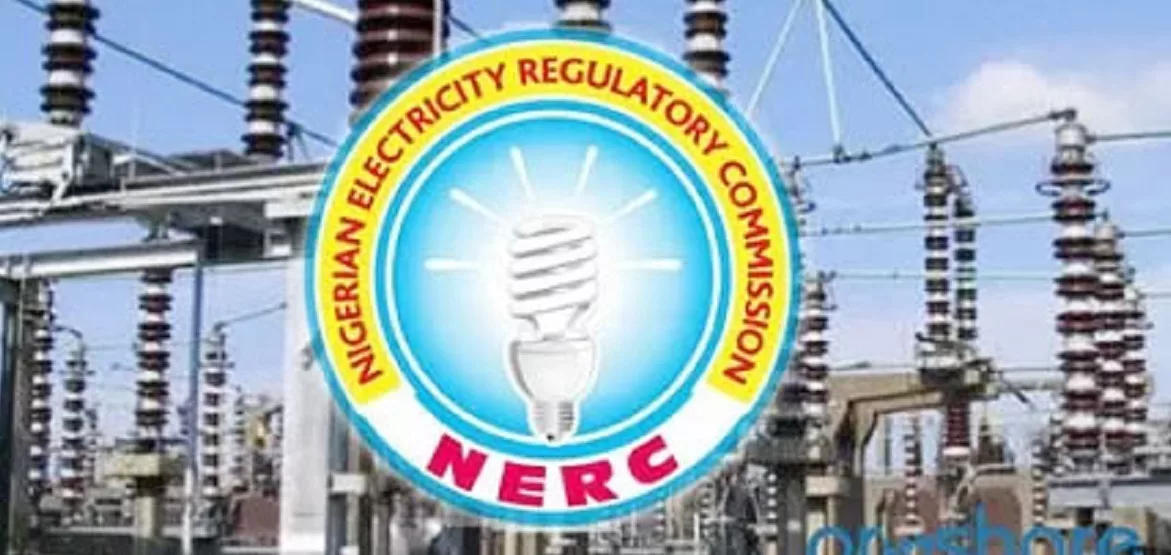The Federal Government has revealed that 53.85% of registered electricity customers in Nigeria are still unmetered, leaving a significant portion of households and businesses reliant on estimated billing. This was disclosed in the Nigerian Electricity Regulatory Commission (NERC)’s third-quarter (Q3) 2024 report.
According to the report, as of September 30, 2024, only 6,156,726 out of 13,339,635 registered electricity customers across the country’s 12 Distribution Companies (DisCos) had been metered. This means that 7,182,909 customers, or 53.85%, remain without meters.
NERC noted a marked improvement in the number of new meter installations in Q3, with 184,507 end-user customers being metered. Ikeja, Ibadan, and Abuja DisCos accounted for the largest share of installations, contributing 25.45%, 21.48%, and 14.61%, respectively. Compared to Q2 2024, when only 51,826 customers were metered, this represents a significant 256.01% increase.
However, some DisCos, including Aba (-43.90%), Kaduna (-24.69%), and Jos (-9.31%), recorded declines in meter installations. In contrast, DisCos such as Eko (+2,120%), Ibadan (+575.60%), Ikeja (+417.40%), and Benin (+389.32%) achieved substantial improvements in Q3.
To address the metering gap, the Minister of Power, Adebayo Adelabu, announced in October 2024 that the Federal Government had procured 1.8 million meters as part of a larger plan to secure 3 million meters annually over five years. The first batch was expected to arrive by December 2024, with the remainder to be delivered by mid-2025.
The government also received support from the World Bank to procure an additional 3.5 million meters over the next three years. “With these measures, the era of estimated billing will gradually come to an end,” Adelabu assured.
In addition, NERC issued a directive in November 2024 requiring DisCos to replace obsolete meters for customers at no cost, following reports that some companies had been charging for meter replacements.
The Presidency has since called for an accelerated implementation of the National Mass Metering Programme (NMMP) as part of broader efforts to reform the power sector and ensure transparency in electricity billing across the country.





